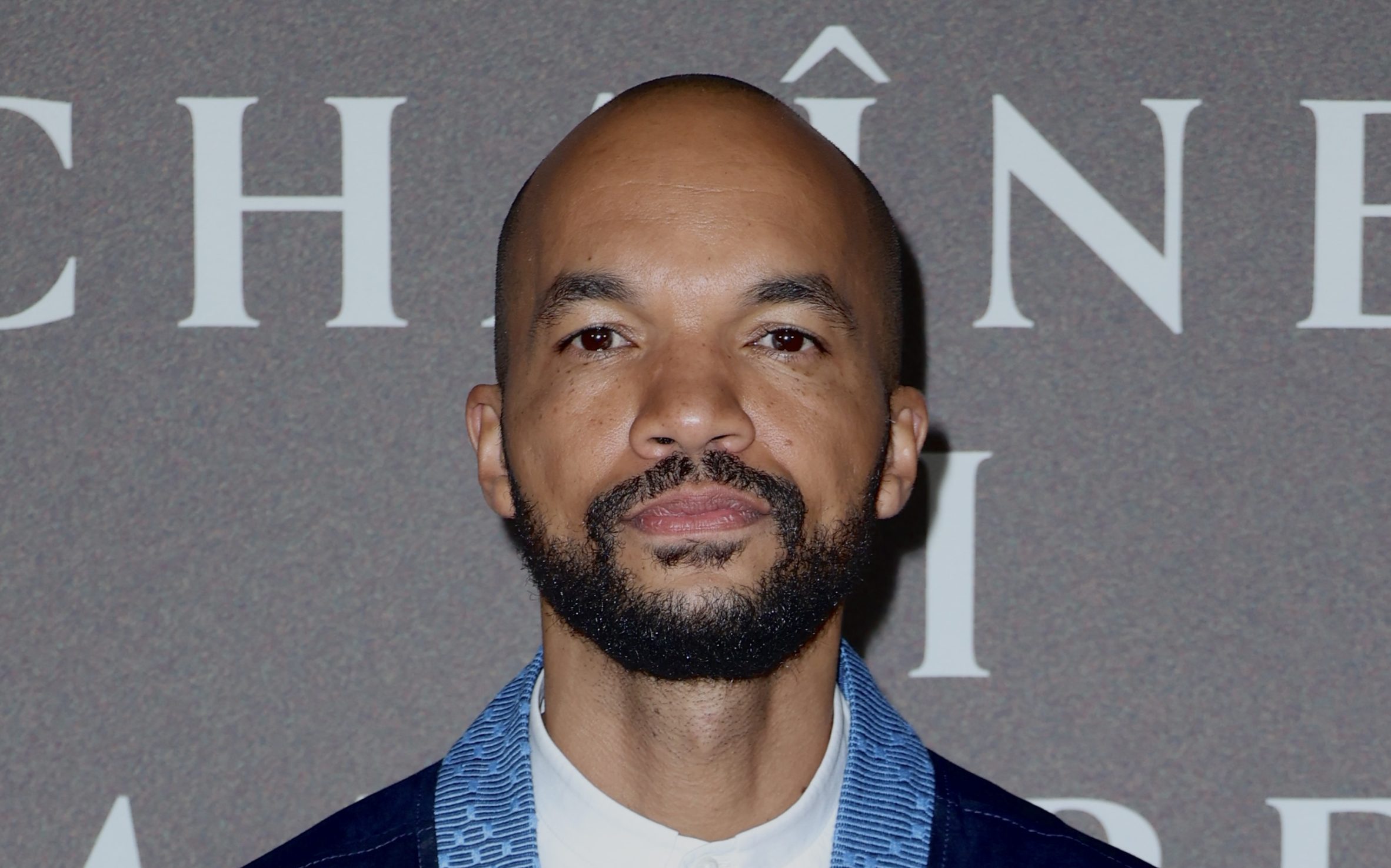Simon Moutaïrou
Director and Screenwriter
February - March 2026

- Cinema
- New Orleans
“Ghosts are the memories of the earth. They outlive us. They remember. And because they travel through time, they can undo what has been done.”
I am a Franco-Beninese writer-director. My journey has been shaped at the crossroads of two imaginaries: contemporary urgencies and African memories. From an early age, cinema imposed itself on me as a way to open doors to buried worlds.
My first feature film honors the “marrons,” the men and women who, during the era of slavery, escaped the plantations and broke their chains. It is a story of pride and resistance. In the continuation of my work, I intend to deepen this path by continuing to shape monuments to the forgotten figures of History, to honor their legacies, and to pass their fire on to contemporary youth.
My second feature seeks to draw from the source of Vodou and Orisha — two spiritualities that are deeply meaningful to me, as they were born in Benin, my paternal family’s homeland. I want to follow them across the Atlantic. New Orleans, with its mystical soul, was an obvious destination. My writing residency will allow me to go in search of the city’s spirits and ghosts, to gather its esoteric secrets, and to weave connections between Beninese and Louisianan rites in order to craft a new transatlantic narrative.
Simon Moutaïrou is a Franco-Beninese screenwriter and director. He co-wrote the films Goliath and Boîte Noire (nominated for the 2022 César Award for Best Original Screenplay). In 2023, he directed Ni Chaînes Ni Maîtres, his first feature film as writer-director, after receiving the CNC’s advance on receipts grant. The two lead actors, Ibrahima Mbaye and Anna Thiandoum, were selected for the 2025 César Revelations list.
In the streets of New Orleans, Nicole, 25, begins to change.
Something has taken hold of her body, bending her movements toward ancient West African rhythms no one ever taught her.
Something has entered her soul, carrying the voices of women who rose before her.
But something else is possessing her city, as her powerful family prepares to take over a historic Black neighborhood for profit and erasure.
Nicole becomes the battleground of a triple possession: body, soul… and land.
At the beginning of 2025, while I was in Benin for the annual Vodou festival, I found myself at a table with three people from New Orleans: an activist; a Vodou priest; and the city’s Director of International Affairs. That lunch led to one of the most exciting and inspiring conversations of my life. I took it as a sign from “FA” (a Vodou word meaning Destiny). I therefore chose to continue down this path.
In New Orleans, my goal is to foster as many meaningful encounters as possible within the Vodou and Orisha worlds, far from touristy and folkloric clichés.
Key figures and symbolic places of the city. Practitioners, priests, temples, convents, places of worship, sites of memory. Academics, historians, and anthropologists from NOLA who can bring to light, through my perspective, the role of Vodou and Orisha in the city’s past and present.

